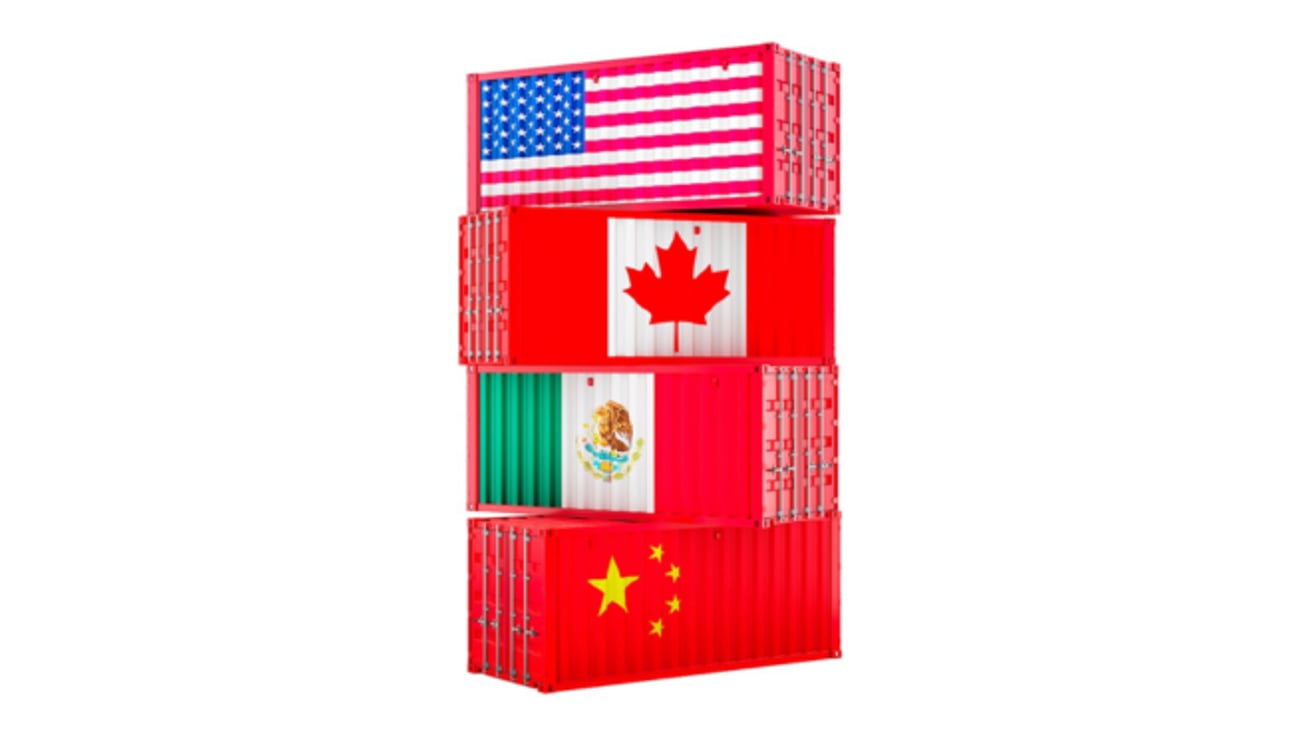The block(chain) party is drawing a crowd
Walmart, the largest retailer in the world, recently notified its leafy green suppliers that they will need to use blockchain by the end of next year. Walmart is banking on its relationship with IBM to put pressure on the entire sector to comply to what consumers want from the food industry: more transparency. But some are wondering if the investment is worth it. Consumers tend to want many things from the food industry without paying for them.
Walmart has been piloting blockchain projects for about 18 months in partnership with IBM. Le Carrefour in Europe recently rolled out blockchain across various product lines. The whole idea is to better manage food recalls, farm to fork and back, and also to tackle the intricate issue of food fraud, which is receiving an increasing amount of attention.
Blockchain is about data, but it is mostly about accountability through enhanced digitalized transparency. A recalled product can be traced back in seconds instead of taking days. The romaine lettuce incident a few months ago would have been managed quite differently with blockchain. Instead, it took investigators time to look through documents in order to trace the source and the potential issues up the food chain. Food safety is obviously a driver for blockchain, but food fraud appears to be what is moving the blockchain agenda much faster these days.
Blockchain technologies have been used for decades in certain sectors, but it only ventured recently into the food industry. Food safety was never going to do it for blockchain technologies. Consumers expect safety without wanting to pay for it. It never had market currency, whereas food authenticity does. Fraudulent products can compromise brands and the viability of a company in a heartbeat. We have seen many cases already around the world.
Food fraud is difficult to measure, but it has arguably kept food prices lower, which allows some companies to cut costs and offer lower price points. Economically motivated adulteration is a growth killer, something Walmart and Le Carrefour both know. To increase sales, fraudulent food products need to cease and blockchain technologies can provide the perfect antidote.
How better to deal with food fraud than by making the whole system more transparent. However, transparency in the context of blockchain is neither absolute or unconditional. Different solutions will offer various levels of transparency depending on how the system is set up. This is likely why grocers are jumping on the blockchain bandwagon, to exercise their power with the supply chain and generate their own rules of engagement. This is likely making everyone else less comfortable, including processors and producers.
But it remains unclear if consumers will pay more for food authenticity. Time and time again consumers have been reluctant to pay for something they inherently expect from all food products. With food safety it was all about costs, and remains the same today. But if food fraud is properly addressed, growth in the food sector can be heightened. Over the next little while we should not be surprised to see the disruptive nature of blockchain technologies generate tensions amongst players as they are trying, once again, to cope with grocers’ wrath.
Regardless, out of necessity for the food industry the blockchain concept is not going away and other grocers will likely join. The use of blockchain meets consumers’ expectations, which is for the food industry to catch up to other sectors where traceability has been a reality for decades. Consumers know the technology exists, so the pressure is on, and grocers know it.




